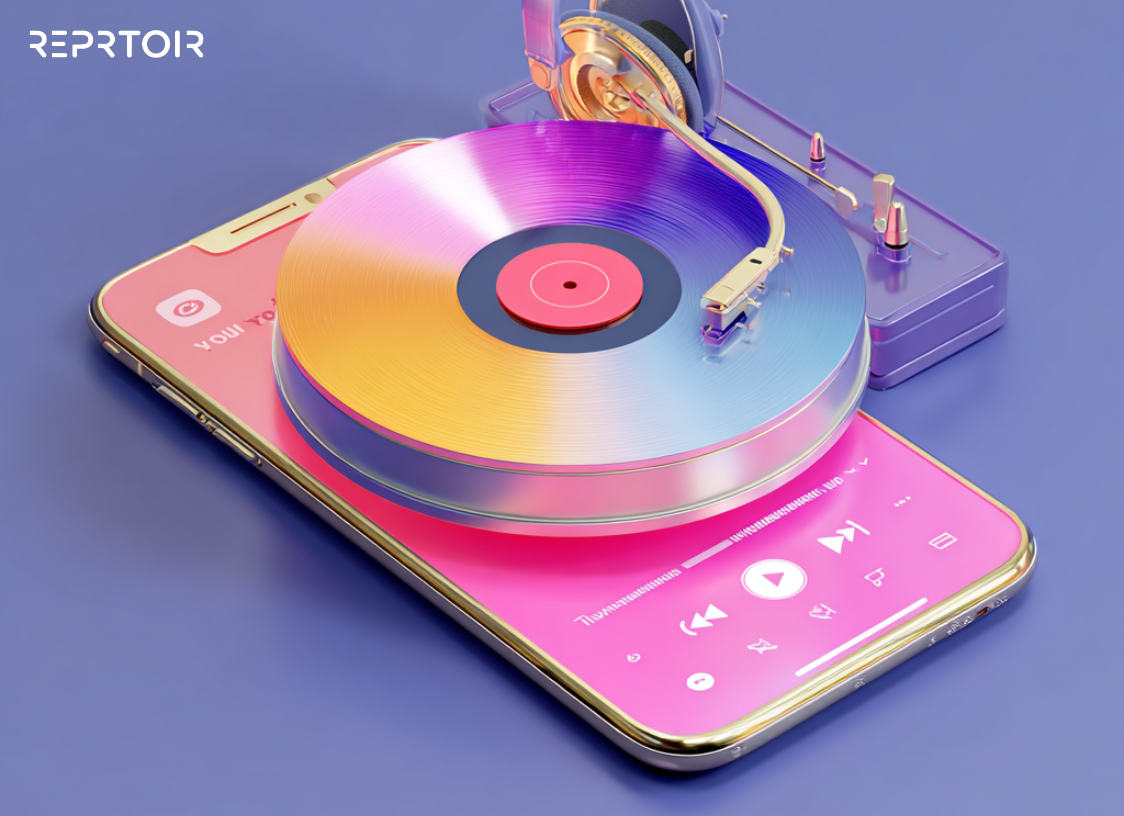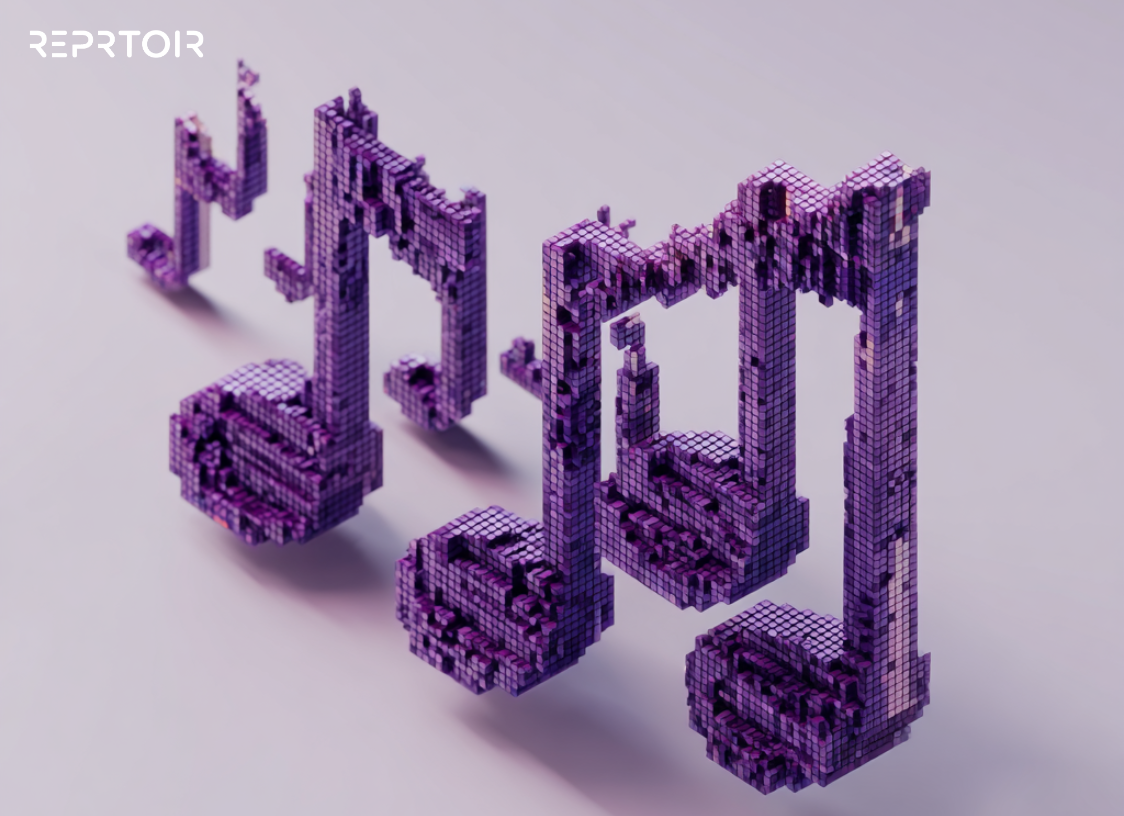Music artists were all over social media and livestream platforms to perform and stay in touch with their communities during lockdown, and we could assume it will stay on as a major trend for the foreseeable future considering live music shows and professional events aren’t coming back anytime soon.
Last week we talked about livestream and the need to define structures to allow music professionals to develop activities after lockdown. Virtual live performances will be part of strategies put together by record companies and publishers to defend their artists. So what are we looking at for the future?
What are the business models that could stick?
Difficult to gather everything that happened online during lockdown, but we gave a few numbers in our last article on livestream models. Artists used Social Media and livestream platforms to keep in touch with their communities, and this could go on for a while. In which setting?
The main platforms already started building solutions. The main goal is to give a way for artists to get paid for performances online. In recent news, Amazon, Facebook and Instagram unveiled their new features specifically designed for livestream. These additions will allow more interactions with and between members of the audience during the livestream. If you’re looking for the next virtual music events, Billboard keeps it up to date!
Right now, different options were offered by private actors as well as public ones, as we talked about here last week. The question now is to understand the industry enough to make the most effective propositions.
What are the revenues for artists?
These new features are surely good for audience engagement and experience, but the core issue here still is artists remuneration. We talked about this aspect on our last article, but what can we see sticking around after end of lockdown?
A few initiatives went up on the main platforms to help artists to get some revenues out of these livestreams. Spotify set up a tip jar for artists online. Although artists preferred to tell their communities to go through their Bandcamp pages, which is still regularly waiving their fees to redistribute the whole prices to artists. Online tips are not revenue, which is the main problem here (and this one rings a bell): how do we go from free platforms to viable remuneration systems?
So which options are worth considering for the future? As record companies or labels, strategies have to be tested on different platforms and features. Before thinking about the new live shows, music professionals are thinking virtual tours, paid-per-view performances and interactive live sessions. A few examples have been gathered by Variety. Private online shows seem to be an option well adjusted. Picking up only one in several initiatives is Festicket Live, a new streaming platform dedicated to paid live performances that has gone online.

Are these business models helping discoverability?
Finally, an issue naturally emerges from the livestream model: how do we keep emerging artists from being shadowed by the mainstream events on different platforms? How could they compete with marketing services from record companies? Everything coming is discoverability able to exist in this context?
This is an important point because livestream is a way to connect with the artist’s community, but also to engage more people online. A new way to build business would hold on that capitalization of these strategies of engagement. The platforms artists are using to perform were not thought for this use and are not working on recommendations, as a streaming platform would.
Artists still have to learn the ropes of gaming environments to take advantage of their setting, which hasn’t been a habit until now. considering the moves Twitch is making to change their economics by charging fans for example, this is still moving.










